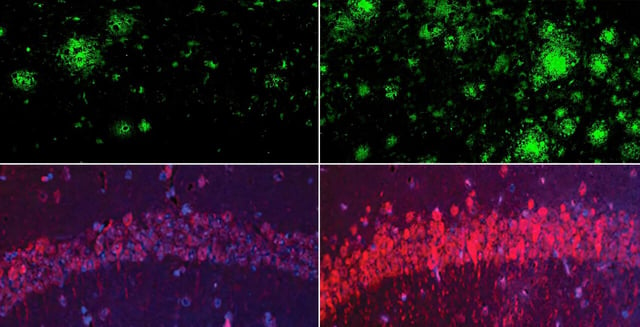Overview
- Researchers confirm lithium is a natural brain element whose concentration declines in Alzheimer’s-affected regions of human tissue.
- They found amyloid-β plaques sequester lithium, triggering a feedback loop that intensifies plaque and tau tangle formation.
- In mouse Alzheimer’s models, diet-induced lithium deficiency accelerated amyloid and tau pathology, altered neuronal gene networks and impaired memory.
- Low-dose lithium orotate—unlike conventional lithium carbonate—evades plaque binding and restores neural structure and cognition in mice without signs of toxicity.
- The team is urging clinical trials to evaluate the safety and therapeutic potential of lithium orotate in Alzheimer’s patients.

